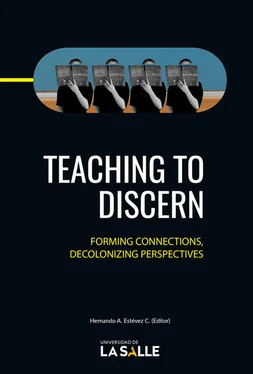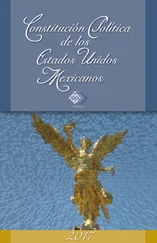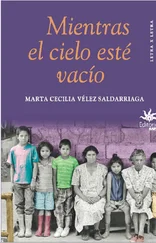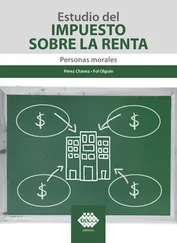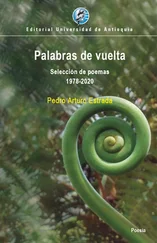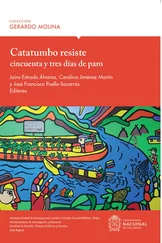HEIs at the service of a global society
We are living in an era of opulence and increased wellbeing. Revenues have been rising around the world; infant and maternal mortality rates have declined significantly in the so-called developing world; life expectancy has visibly and significantly increased. Lifestyles have become more active, and the use of a variety of innovative technologies has reduced the daily chores, especially for women. The levels of education have increased dramatically, to the point that primary education coverage is almost complete. However, the advantages of this advanced world are not for everyone. Poor people in underdeveloped countries continue to suffer deprivation and experience a lack of opportunities. Education is a tool to remedy inequality through the formulation of solutions, the improvement of social inclusion and citizenship, and the professional development of people.
Social development is based on the premise that human welfare depends on the preservation of ecosystems; in that sense, development implies an awareness that the challenges of future generations depend on our current socio-economical decisions. We cannot think of social transformation without thinking about the limits of the world’s resources; social change involves considering the sustainability of our oceans, atmosphere and climate, among other resources.
Technologies Should be at the Service of Marginalized People
In our contemporary world, technologies strength social ties and connect cultures. Access to an informational network has increased as nearly half of the world population is living in urban areas and more than 60% are using mobile telephones.
Although face-to-face interactions are important in this hyper-technologized world, the internationalization of Colombian HEIs also depends on the use of available technologies. In the end, learning how to use technologies in this globalized world helps to provide solutions to social constraints: It connects the countryside with the urban, researchers with the business sector, universities with governments.
Today, the world offers wealth, technologies, knowledge, abilities and institutions that were not available for previous generations; these days, travelling around the world, and even around outer space, is possible. Yet, in visible and distinct ways, the world today is also facing huge deficits and discontents. Nearly 1.2 billion people, about a fifth of all humanity, are living below a poverty line of $1.25 per capita per day. Nearly 40% of all children under five are malnourished, and half of all children live below the poverty line. All of this includes low access to education in a large part of the global population.
While inequality in access to education is frightening, educational institutions must provide strategies for promoting access to education, and they have an important social role as mediators between society and government in order to implement those strategies through public policies. Therefore, they have an important role in enabling a real change in the conditions of those who are less favored.
Internationalization Includes Educators
In this essay, our main purpose has been to offer a perspective for social development through the internationalization of educational institutions. There is a last issue to consider: namely, the lack of experience in global connectivity of a number of educators. Although educational institutions must provide training in technologies and learning of a second language to their staff members and educators, the government, and specifically, the Ministry of Education, should invest in strategies for internationalizing educators. To strengthen international cooperation is one way to do that; such cooperation could provide researchers with the possibility of access to scholarships and funding for travelling and studying abroad.
Nowadays, faculty members should acquire the appropriate training and experience to their academic fields within an international context. It is not enough to attend international conferences. Faculty members should spend at least six months in another country to understand and acquire the skills to become effective as international educators. Faculty members with international experience provide leadership and inspire motivation throughout the institution.
Our historical moment challenges the traditional relationships between science, academia and society. The democratization and relevance of scientific knowledge are traversed by social and ecological justice, as well as by the recognition of a plurality of knowledge.
Therefore, there should be an ethical commitment of both educational institutions and governments that links global development and higher education; namely, a commitment to respect and recognize the relevance of higher education in connecting people with the world. This also implies the institutions being prone to dialogue with local knowledge, in order to exalt what they could provide in order to answer global questions; this includes listening to local solutions for global societal needs: Sometimes, the knowledge for taking action against problems experienced in communities around the globe is locally available; other times, for scientists and academics to be aware of both local and global knowledge they need to be mentally and emotionally open; all of this in order to be sensitive to unfamiliar wisdom and to exchange knowledge with outsiders.
Conclusion
Universities should focus less on teaching specific contents and more on experiential learning and problem-solving objectives. Although teaching contents is important, sometimes these tend to be decontextualized. Nowadays, global training depends on human development + capacity building + problem-solving skills. In this regard, some ideas are developed in what follows:
Students
Universities should focus on setting contextualized learning objectives rather than vague and abstract learning outcomes. This means determining what the university wants students to achieve while they are studying and, most importantly, how these achievements are connected to the problems of their surroundings. Students do not only need to acquire knowledge but also skills, attitudes and values for working in a local environment from a global understanding.
Staff
Staff needs training and international immersion experiences for acquiring those skills that are important to replicate with students. As the world changes at a rapid pace, staff must be part of a learning community that is permanently reflecting upon the new challenges of society.
Faculty
All faculty members (not only educators) should be in touch with the global agenda. This encourages a view of themselves as facilitators of the students’ development. The institution should help faculty members to achieve their own developmental objectives. A way to do that is to create a program to recognize potential faculty leaders for international training. The institution must determine what abilities the leaders need to strength for improving their intercultural/international competencies; also, it must encourage them to motivate other colleagues to achieve personal objectives to acquire the same skills.
Mobility
Learning a second language is a priority for accessing the knowledge developed elsewhere in the word; however, it is not necessary to get an advanced level of that second language in order to initiate a mobility program. One strategy should be to promote academic exchanges with peer universities that have some expertise on internationalization.
Those exchanges are possible through the establishment of personal relationships: Internationalization programs into the university are the result of the networking of local faculty members and students with researchers from different international universities who share an academic interest. Even short-term visiting scholar programs helps faculty members and students in widening perspectives and enable further intercultural interchanges.
Читать дальше
